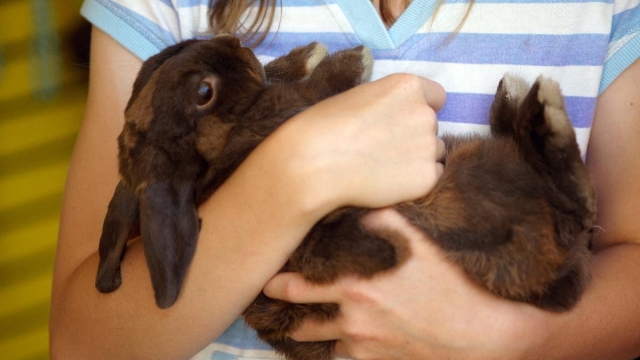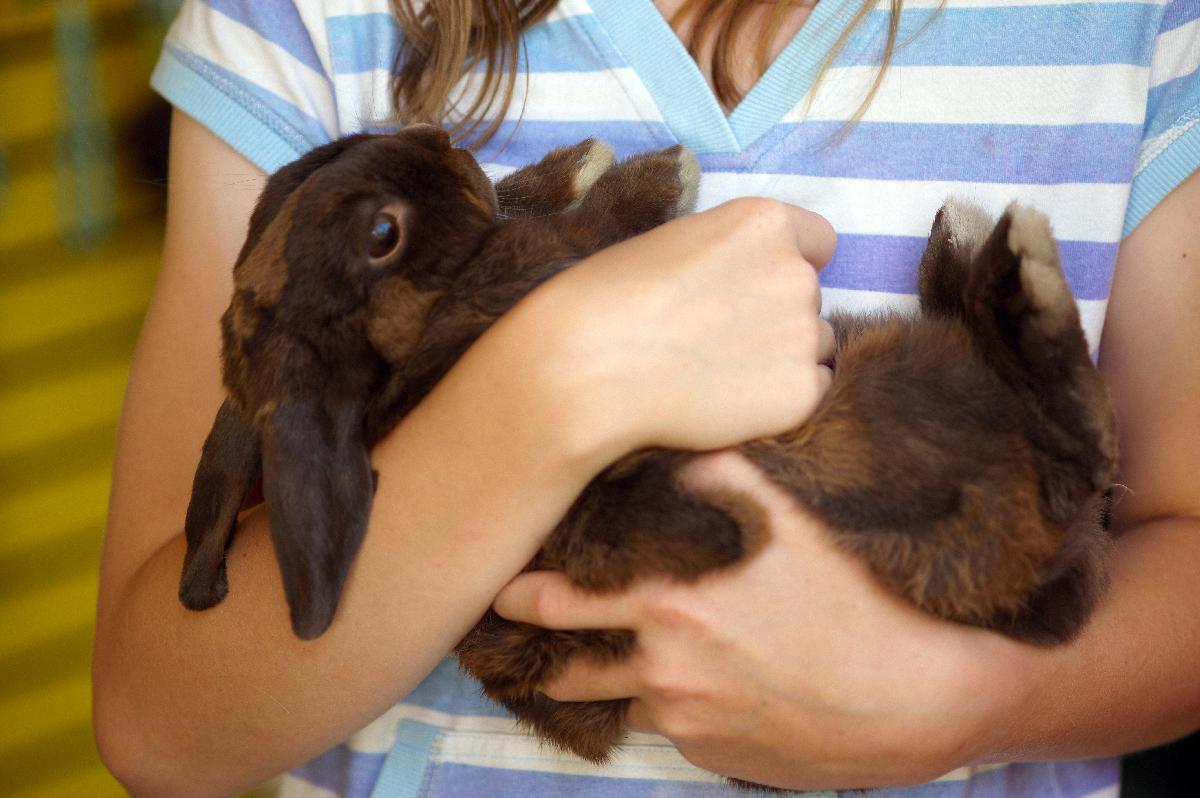
Unleashing the Secrets to Optimal Pet Health
Pets are beloved members of our families, bringing us joy and companionship in countless ways. As pet owners, it is our responsibility to ensure that our furry friends lead healthy and happy lives. Optimal pet health is not just about providing food and shelter; it requires a holistic approach that encompasses various aspects of their well-being. From nutrition and exercise to regular veterinary care and socialization, there are many factors that contribute to maintaining our pets’ overall health and vitality.
One of the key pillars of optimal pet health is nutrition. Just like humans, our pets need a well-balanced diet that provides them with essential nutrients to support their growth, energy levels, and immune system. Feeding them high-quality pet food that meets their specific dietary needs is crucial. Consulting with a veterinarian can help identify the best diet for your pet’s breed, age, and any existing health conditions they may have.
Regular exercise is another vital aspect of keeping our pets healthy. Dogs, in particular, require daily physical activity to maintain a healthy weight, strengthen their muscles, and stimulate their minds. Taking them for regular walks, engaging in playtime, or even participating in agility training can help keep them fit and prevent obesity-related health issues. Cats also benefit from regular play sessions that engage their hunting instincts and keep them mentally stimulated.
In addition to nutrition and exercise, routine veterinary care is essential in ensuring optimal pet health. Regular check-ups, vaccinations, and preventive treatments for parasites such as fleas, ticks, and worms are crucial for protecting our pets from diseases. Regular dental care is also important, as dental problems can lead to systemic health issues in pets. Maintaining a good relationship with your veterinarian and following their recommendations is key to keeping your pet healthy.
Lastly, socialization and mental stimulation play a significant role in your pet’s overall well-being. Dogs thrive on interaction and companionship, whether it’s with their human family members or other dogs. Regular socialization opportunities, such as visits to the dog park or attending training classes, can help prevent behavioral issues and promote a happy, well-adjusted pet. Cats also need mental stimulation through play, toys, and opportunities to explore their environment.
In conclusion, optimal pet health is a multifaceted endeavor that requires attention to nutrition, exercise, veterinary care, and socialization. By providing our pets with a well-balanced diet, regular exercise, routine veterinary check-ups, and opportunities for socialization and mental stimulation, we can ensure that they lead long, healthy, and happy lives by our sides. So, let’s unleash the secrets to optimal pet health and give our furry companions the life they deserve.
Proper Nutrition
Pets require proper nutrition to support their overall health and well-being. Providing a balanced diet is essential for optimal pet health.
A key aspect of pet nutrition is ensuring that they receive all the necessary nutrients. This includes proteins, carbohydrates, fats, vitamins, and minerals. Each nutrient plays a crucial role in the pet’s growth, development, and maintenance of body functions.
Puppy Vaccinations
Feeding pets commercial pet food is generally recommended as it is specifically formulated to meet their nutritional needs. However, it’s important to carefully read and understand the labels to ensure that the food provides a balanced and complete diet for your pet. Additionally, consulting with a veterinarian can help determine the specific dietary requirements of your pet based on their age, breed, and any specific health conditions they may have.
By providing your pet with a proper and balanced diet, you can help promote their overall health and longevity. Remember to always monitor their weight and adjust their food portions accordingly to prevent undernourishment or obesity.
Regular Exercise
Importance of Exercise for Pets
Regular exercise plays a vital role in maintaining optimal pet health. Just like humans, pets need physical activity to stay fit and healthy. Engaging in regular exercise sessions helps pets burn off excess energy, maintain a healthy weight, and promote overall well-being. Exercise also helps to prevent behavioral issues caused by boredom or pent-up energy.Types of Exercise for Pets
Pets can benefit from a variety of physical activities. Dogs, for example, enjoy going for walks or runs, playing fetch, or even participating in agility training. Cats, on the other hand, often prefer interactive play sessions involving toys or climbing structures. It’s important to choose exercises that suit your pet’s breed, age, and individual needs. By tailoring the exercise routine to their capabilities, you can ensure they stay active and engaged.Establishing a Routine
To maximize the benefits of regular exercise, it’s essential to establish a consistent routine for your pet. Setting aside dedicated time each day for exercise helps provide structure and ensures that your furry friend gets the physical activity they need. Whether it’s a morning walk, an evening play session, or both, incorporating exercise into your pet’s daily routine helps keep them happy and healthy. Remember to gradually increase the intensity or duration of the exercises to avoid overexertion.

Preventive Care
Regular veterinary check-ups are crucial for maintaining your pet’s overall health and wellness. These routine examinations allow veterinarians to detect any potential health issues early on and provide necessary preventive treatments. Vaccinations are another essential aspect of preventive care that helps protect pets from various infectious diseases. By staying up to date on vaccinations, you can significantly reduce the risk of your pet contracting and spreading illnesses.
Proper nutrition plays a vital role in promoting optimal pet health. Feeding your pet a balanced diet that meets their specific needs is essential for maintaining their overall well-being. Consult with your veterinarian to determine the most appropriate diet for your pet’s age, breed, and any specific health concerns they may have. Regular exercise is also crucial for keeping your pet in good physical shape. Daily walks, playtime, and interactive toys can help prevent obesity and promote a healthy weight.
In addition to regular veterinary care and proper nutrition, maintaining good dental hygiene is essential for your pet’s overall health. Poor dental health can lead to various problems, including gum disease, tooth loss, and even systemic infections. Regular teeth brushing and dental check-ups can help prevent these issues. Additionally, providing your pet with dental treats or toys designed to promote oral health can also contribute to their dental care routine.
By prioritizing preventive care, you can help ensure that your furry friend leads a long, happy, and healthy life. Regular veterinary check-ups, vaccinations, nutrition, exercise, and dental care are all essential components of a comprehensive preventive care plan for your pet.

